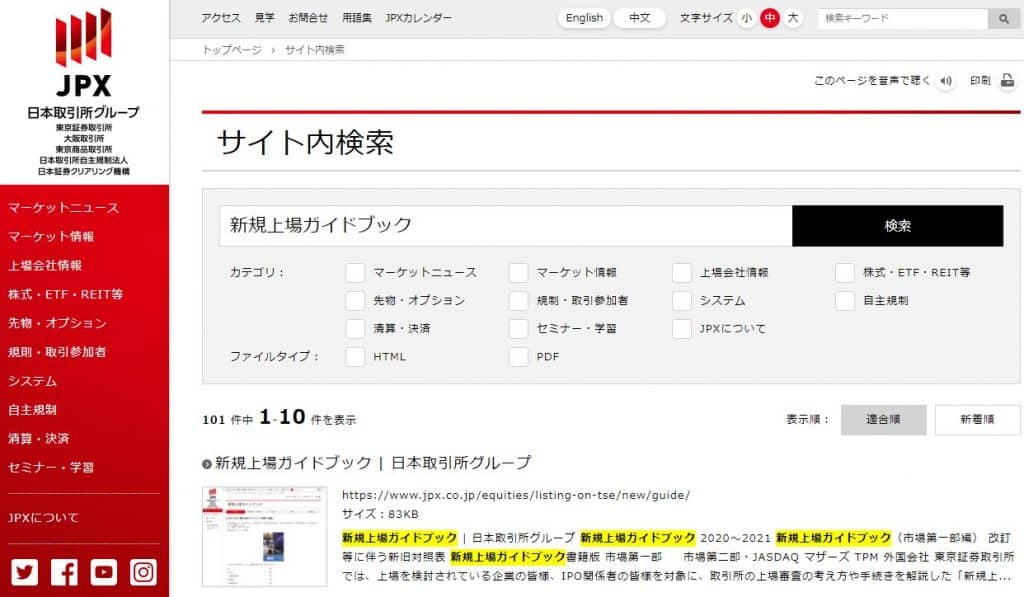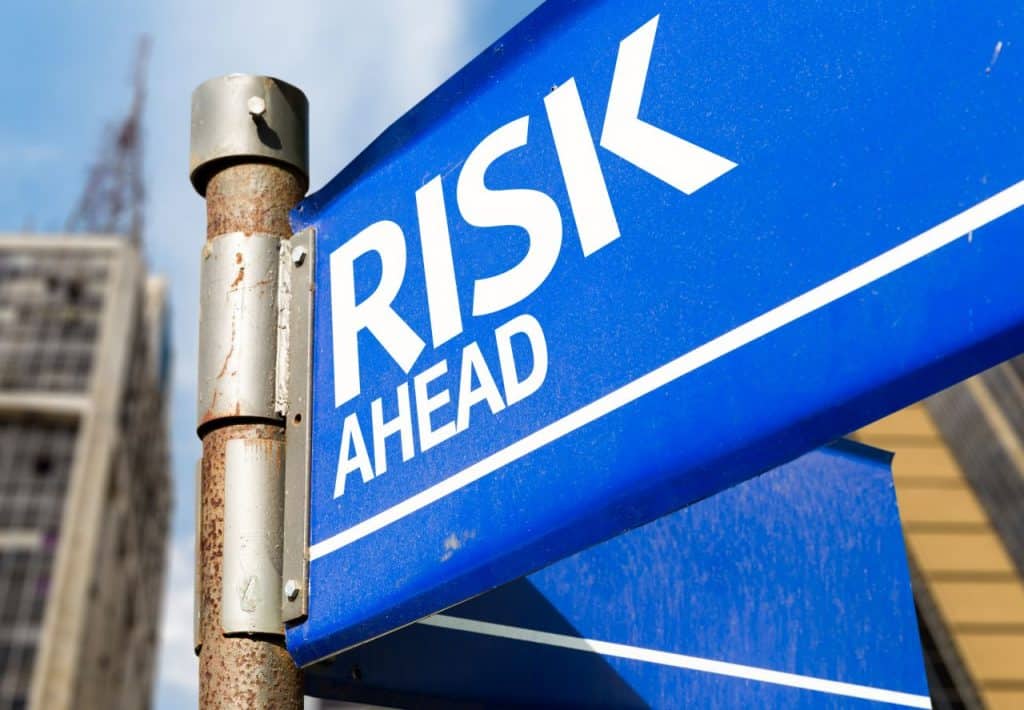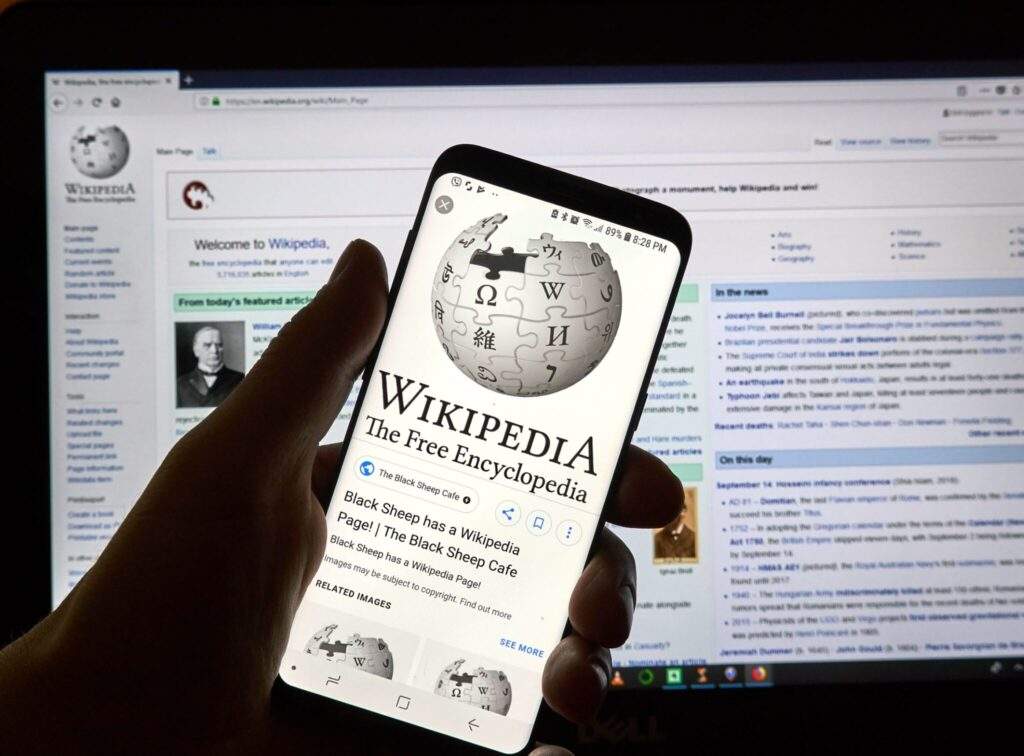Reputational Damage Affecting Public Listing Reviews - Explaining Specific Examples and Countermeasures

When a company applies for the listing of its own shares on various exchanges such as Mothers, JASDAQ, and the Tokyo Stock Exchange, it is necessary to undergo a ‘Listing Examination’.
The listing examination is broadly divided into two parts: the ‘Underwriting Examination’ conducted by the underwriting department of the lead underwriting securities company, and the ‘Public Examination’ conducted by each exchange.
In these listing examinations, examinations are conducted in light of the listing examination standards of each exchange. In this process, negative information on the Internet, so-called reputational damage, becomes an issue. If the reputational damage is severe, countermeasures are essential.
To conclude in advance, as long as the reputational damage on the Internet is ‘rumor’, it does not represent the actual state of the company.
However, especially in recent times, it can give a negative impression to the lead underwriting securities company and affect the listing examination. Therefore, the eyes of the lead underwriting securities company are also strict on the reputation on the Internet.
So, let’s explain the structure of the listing examination, what kind of reputational damage can be a problem in the examination process, and what kind of countermeasures against reputational damage should be taken.
Structure of Listing Examination Standards

For instance, in the case of the Tokyo Stock Exchange, the listing examination standards are primarily defined by the Securities Listing Regulations, which are subject to the business regulations. As of the latest version at the time of writing this article (the regulations after partial amendments on June 1, 2018 (Heisei 30)), it consists of a total of 1606 articles. The purpose of these regulations is to “establish necessary matters concerning the listing of securities, listing management, delisting, and other listed securities, based on the provisions of Article 1-3, Paragraph 4 of the Business Regulations”. The Securities Listing Regulations Enforcement Rules, which are based on these regulations, have been established as rules.
These listing examination standards are broadly divided into “formal examination” standards and “substantive examination” standards. Formal examination standards refer to the number of shareholders, circulating shares, market capitalization, years of business continuity, amounts of profits or net assets, etc. As these are literally “formal” examination standards, if appropriate numerical targets are set and complied with, these standards can be met.
What are Substantive Examination Criteria?

The “Substantive Examination Criteria” are used to assess the actual state of corporate management, and it is within these criteria that the issue of “reputational damage” arises. For instance, the following five items are the examination criteria for Mothers (a section of the Tokyo Stock Exchange for high-growth startup companies).
- Appropriateness of disclosure of corporate information and risk information: The company is in a position to appropriately disclose corporate information and risk information.
- Soundness of corporate management: The company is conducting its business fairly and faithfully.
- Effectiveness of corporate governance and internal control systems: Corporate governance and internal control systems are established and functioning appropriately, according to the size and maturity of the company.
- Rationality of business plans: The company has formulated reasonably rational business plans and has established or is expected to establish the necessary business infrastructure to implement these plans.
- Other matters deemed necessary by the Tokyo Stock Exchange from the viewpoint of public interest or investor protection.
For JASDAQ (another section of the Tokyo Stock Exchange), the following five items are the criteria:
- Continuity of the company: The company is not in a situation that would hinder the continuation of its business activities.
- Establishment of sound corporate governance and effective internal control systems: Corporate governance and internal control systems are established and functioning effectively, according to the size of the company.
- Reliability of corporate actions: The company is not expected to engage in corporate actions that would disrupt the market.
- Appropriateness of disclosure of corporate information: The company is in a position to appropriately disclose corporate information.
- Other matters deemed necessary by the Tokyo Stock Exchange from the viewpoint of public interest or investor protection.
Concrete Guidelines

The “substantive examination criteria” mentioned above, such as “corporate sustainability: not being in a situation that hinders the continuation of business activities,” are concretely defined in the “Guidelines for Listing Examination” and “New Listing Guidelines.” These guidelines provide specific details on what these criteria entail.
For example, regarding “corporate sustainability,” the guidelines state:
(1) The outlook for the profit and financial condition of the corporate group of the new listing applicant does not hinder the future survival of the company. In this case, if either a or b applies, the outlook for the profit and financial condition will be treated as not hindering the survival of the company.
[PDF] New Listing Guidebook[ja]
a There is a reasonable expectation that the corporate group of the new listing applicant can maintain the recent level of profit and financial condition.
b Even if the profit or financial condition of the corporate group of the new listing applicant is deteriorating or not good, it is recognized that the improvement of the situation, such as the recovery or improvement of the level of profit and financial condition of the corporate group in the future, is expected based on objective facts.
In short, this “sustainability” refers to the continuity of the company’s activities and earnings.

Please note that this article provides a general explanation. For accurate wording and detailed explanations, please refer to the New Listing Guidebook published by the Japan Exchange Group, which is available on their website sorted by exchange and year.
Key Issues in Listing Examination Standards
Given the above listing examination standards, the points that are particularly problematic in substantive examinations can generally be said to be the following five elements.
- Continuity and profitability of the company: The potential for stable profit recording
- Soundness of corporate management: Fairness of the management team, etc.
- Corporate governance, etc.: Perspectives on securing personnel, etc.
- Appropriateness of disclosure: Disclosure of finances, etc.
- Public interest and investor protection: Presence or absence of disputes affecting business activities and performance
Furthermore, the presence of negative information on the Internet, so-called reputational damage, is related to each of the above points in the following ways.
Example 1: Nuisance Call Reviews

There are cases where companies with strong sales capabilities have conducted so-called telemarketing before starting preparations for listing, and negative information from that time remains in so-called nuisance call databases and anonymous bulletin boards. The following cases are particularly common:
- Used a so-called bulk document request site before starting preparations for listing
- When a request for their own documents was received through a bulk document request, they made calls to the customer telephone numbers disclosed by the site
- However, among the users of the bulk document request site, there are those who do not remember “which company they requested documents from” for purposes such as points, and when they receive a call, they think “a list must have leaked from somewhere and I received a call”
- Such people post on the Internet that “this company is making nuisance calls”, and those posts remain.
If such posts exist, there is a possibility that the company’s revenue structure will be evaluated as being supported by “nuisance calls”, which are illegal and socially condemnable means, and its continuity may be questioned.
In the above cases, it cannot be definitively stated that one must accept a negative reputation such as “nuisance calls”. There is a possibility that negative posts can be deleted through negotiations with database sites by lawyers.
https://monolith.law/reputation/jpnumber-reviews-deletion[ja]
Example 2: Relationships with Anti-Social Forces

From the start-up phase to the present, there may be negative information suggesting that some executives have connections with anti-social forces. This is a matter that is scrutinized from the perspective of the soundness of corporate management. If such involvement with anti-social forces is baseless, it is extremely important to hire a lawyer and remove such negative information.
However, such information is not always definitively stated, and it is often posted on the Internet in the form of “suspicion”.
But it cannot be said that “if it is not a definitive statement, it cannot be removed”.
https://monolith.law/reputation/suspicion-defamation-case-law[ja]
Example 3: Reputation as a “Black” Company
The existence of a reputation as a so-called “black” company, due to violations of labor laws and regulations, can often be a significant issue from the perspective of securing personnel and corporate governance. In addition, specifically,
The situation with labor unions
Whether there are any disputes with labor unions that significantly hinder the business operations of the company group applying.
Such points are also questioned.
Reputations as a “black” company can be found on anonymous bulletin boards and job-related review sites. However, in all cases, they can be removed through out-of-court negotiations or court proceedings by a lawyer.
https://monolith.law/reputation/black-companies-dafamation[ja]
https://monolith.law/reputation/deletion-companies-bad-reputation-on-job-site[ja]
Example 4: Suspicions of Window Dressing

Reputational issues such as suspicions of inappropriate handling of past financial statements or window dressing can potentially pose problems in relation to the appropriateness of disclosure.
Posts implying past illegal activities often straightforwardly constitute defamation, at least when such facts do not exist. Therefore, measures against reputational damage are necessary.
Example 5: Problematic Sales Practices
For instance, negative posts about engaging in sales practices that violate the Japanese Pharmaceutical and Medical Device Act (such as selling supplements) suggest the possibility of future refund claims and lawsuits related to these sales practices. These posts can affect business operations and performance, and are problematic from the perspective of public interest and investor protection.
Not limited to violations of the Japanese Pharmaceutical and Medical Device Act, if there are posts from customers expressing dissatisfaction, alleging fraud or illegality, such as “scam” or “I was deceived”, it would be advisable to consult with a lawyer and consider whether these posts can be removed.
https://monolith.law/reputation/delationrequest-for-defamation[ja]
Summary
The above five examples are just that, examples, but online reputational damage is viewed as a problem at various points in relation to listing standards.
Especially in recent times, the underwriting review by the lead underwriting securities company has been becoming stricter. If a scandal occurs immediately after listing, it could potentially become a liability issue for the underwriting review department of the securities company that handled the underwriting. Therefore, they strictly review the possibility of a scandal occurring before underwriting, and if there is a possibility of issues such as nuisance call problems, discovery of relationships with antisocial forces, labor issues, discovery of inappropriate accounting practices, refund claim lawsuits, or intervention by the Consumer Life Center occurring after listing approval, they tend not to undertake the underwriting. This can be said to be a structure that is likely to adopt such an attitude.
While online reputational damage is inherently not the “reality” of a company as long as it is “rumor”, measures are necessary to avoid negative reactions from the lead underwriting securities company. The online information exemplified this time, such as “nuisance calls” and “black companies”, can be eliminated as long as it is a “rumor”. It is recommended to consult with a lawyer with specialized knowledge immediately.
Category: Internet





















